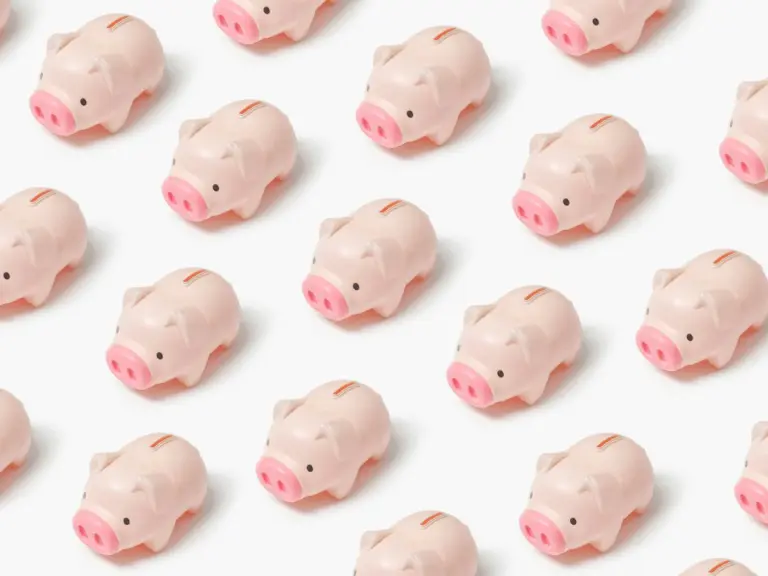Money checklist to spring clean your finances
Money Talk is intended to inform and educate; it's not financial advice. Affiliate links, including from Amazon, are used to help fund the site. If you make a purchase via a link marked with an *, Money Talk might receive a commission at no cost to you. Find out more here.
Post Christmas, you’re probably thinking about spring cleaning, getting fit or setting new year’s resolutions – if you haven’t already.
But January is also the perfect time to complete all those important money tasks, whether it’s setting financial goals, filing your tax return or reviewing your budget.
Doing it at the start of each year will point you in the right direction, financially speaking, for the rest of the year.
So to help you ease into it, here’s a “money checklist” to help you spring clean your finances.
Check your savings
Actually, you should be checking your savings throughout the year to see whether the accounts you have are still working for you.
But if you don’t have time then naturally once a year is the next best thing.
The interest rate offered on your savings accounts matter of course, but so does how much you have stashed in each place.
Could you move your money into a more efficient or higher interest paying account for example?
Do you still have enough money in your emergency fund?
And is it time to move some of your savings into an investing account, ISA, or another product?
Read this: How to get into the savings habit
Look at your spending
While your spending habits might change in the coming year, as might your income, it’s a good idea to get a snapshot of what you’re spending on average each month.
Go through your bank statements and start by looking at the essentials that go out regularly, like your rent, food, council tax and bills.
Then look at any non-essential spending and group them into one-offs such as gifts and regular occurrences like takeaway coffee.
This will help you work out a monthly budget, and therefore how much disposable income you have each month to save or spend on luxuries.
If you’re looking to reduce your monthly spending, this will also help you identify areas where you can make cuts.
Read this: How to manage spending and save money
Overpay your mortgage
Assuming you have a mortgage and no other debt, it might be a good idea to overpay your mortgage.
And if you choose this route, make sure you max out the overpay allowance each year as early as possible to take advantage of the interest rate savings – obviously leaving enough for your emergency fund.
Because here’s the thing: the interest rate on your mortgage is likely to be way more than the interest rate offered on your savings account.
So by paying off your mortgage debt sooner, you’ll actually save money over time by reducing interest payments.
And if you do make an overpayment, make sure you choose the option that reduces the length of your mortgage rather than the amount you repay each month.
This will help you save even more over time.
Reassess your borrowing
If you’re currently in debt, take a moment to assess whether the repayments are still manageable.
Having a budget prepared will help you to do that.
Debt charities such as Step Change can offer you free advice if you are in trouble.
Take care if you’re refinancing a debt though, especially if you’re doing it solo, as it could actually increase your debt burden over time rather than reduce it.
Read this: What you need to know about debt
Review your pensions
I’ve saved pensions to last because, well, it takes the longest.
If you have a few pension pots, it’s worth seeing whether you could make them work harder by consolidating them.
While flat fees on pension pots that are smaller than £100 are now banned, those just above this threshold are still getting a raw deal.
Make sure you do your research and read through the fine print though – you don’t want to lose a pension pot with extra benefits or reduce the size of your pots by transferring them out unnecessarily.
Read this: Should you merge your pension pots?
This post was originally published in January 2021. It was updated in December 2024.
Pin this for later







